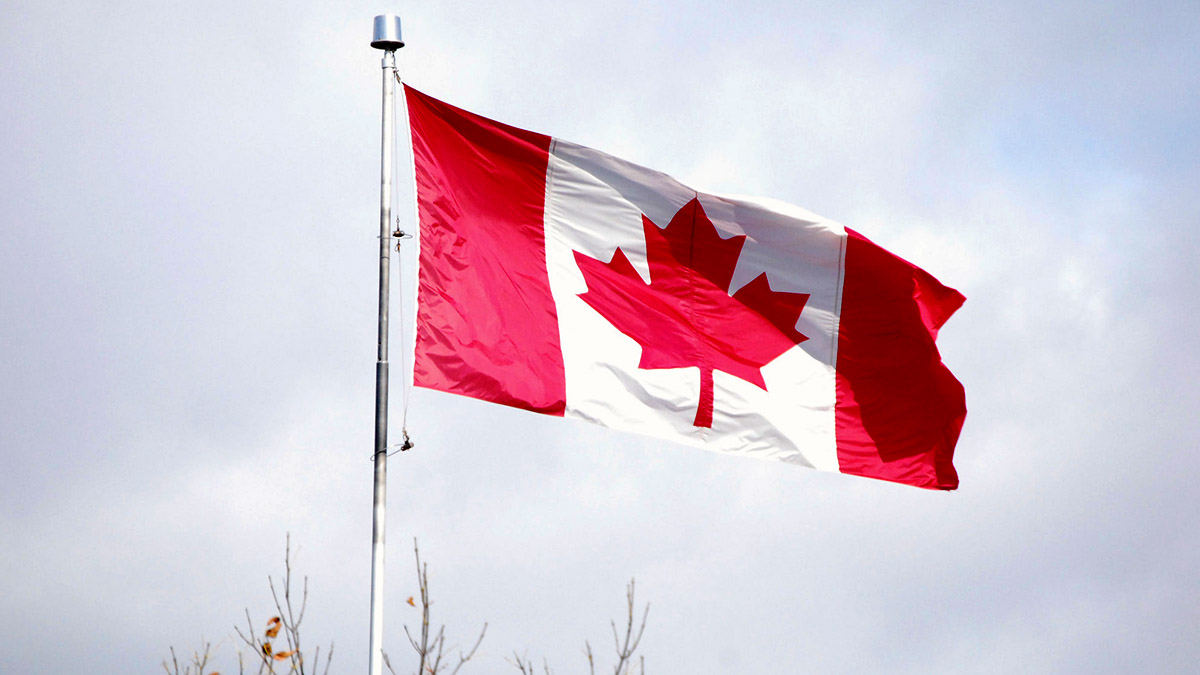Hockey, often seen as a unifying force in Canada, became a stage for political expression on Feb. 1 when Ottawa Senators fans booed the American national anthem before a game against the Minnesota Wild.
With a thunderous chorus, Canadians voiced their displeasure with the American threats of annexation and of tariffs, seemingly forgoing the usual ritual of standing in silence for the foreign anthem, instead exchanging it for an open sign of protest.
According to Carleton University political science professor Aaron Ettinger, anti-American sentiment in Canada is not recent and has been waxing and waning in cycles.
“Canadians tend to be more anti-American when there’s a Republican and more pro-American when there is a Democrat,” he said.
Following the booing in Ottawa similar protests took place during games featuring the Toronto Raptors and Calgary flames with fans in Nashville booing during the Canadian anthem.
The reaction raises questions about how future political and economic disputes between Canada and the U.S. could impact the interwoven cultural relations between the nations.
“This time is different because Donald Trump is threatening our livelihoods and our economic prosperity,” said Ettinger.
“The anti-Americanism isn’t just about principle the matter, but it’s how we’re going to live our day-to-day lives.”
After weeks of threats and the order being signed Justin Trudeau and Trump found common ground and agreed to the tariffs being put off for 30 days.
Trump agreed to the delay after Trudeau said he would expand Canada’s border protection plan. Canada will also list cartels as terrorists, launch a new cross-border task force and release $200 million more to fight drug trafficking.
While the agreement provided temporary relief critics question whether it marked a step toward a long-term resolution or merely a brief pause in escalating tensions. The delay, while welcomed by many industries, leaves businesses uncertain about the future of Canada-U.S. trade relations.
The tensions between Canada and the U.S. are not solely economic; they also strike at the heart of national identity. Diego Schurman, a U.S. citizen living in Canada, believes the cultural impact of these disputes will be long-lasting.
“The bigger issues are going to come culturally because a lot of Canadian culture prides itself on differentiating itself from U.S. culture,” he said.
“The cultural impacts are going to be far-reaching and last a long time. This can’t just be undone, no matter if they get rid of the tariffs or not.”
According to Ettinger, differentiating Canadian society from America is key part of Canadian identity and has been occasionally brought up in the sports world. In 2019 during their championship season the Toronto Raptors were using the “We the North” slogan, a clear call to join a wider Canadian identity in the sports world.
“It was a remarkable kind of myth-making that mobilised Canadians in ways that I hadn’t seen before, certainly not around a single sports team,” he said.
According to Ettinger, Donald Trump’s populist policies are going to impact the Canadian political landscape and have already caused changes in certain political figures.
“It’s more of a problem for those populist leaders who embrace a Trumpian kind of style that’s no longer very attractive in Canada because Donald Trump is hostile to Canada’s interests,” he said.
“We don’t know what’s coming next” said Ettinger. “I’m not convinced that Donald Trump is doing anything other than making it up as he goes along. So, we’re going to see something again in 25 to 30 days.”
Schurman he has seen a divide growing between the Canadians he knows and himself and others from the United States. “Everyone is feeling betrayed and hurt. They’re angry at the US and with some, it’s angry at the government, with some anger at the entire country itself.”
According to Jacob Kummailil, an international student at Carleton University who is from the United States, the attitude of Canadians has shifted in recent weeks from how it had been previously.
“When I was a kid, I only heard positivity about the United States when I came to visit. Now people are talking negatively about our politics and booing the anthem,” he said.




